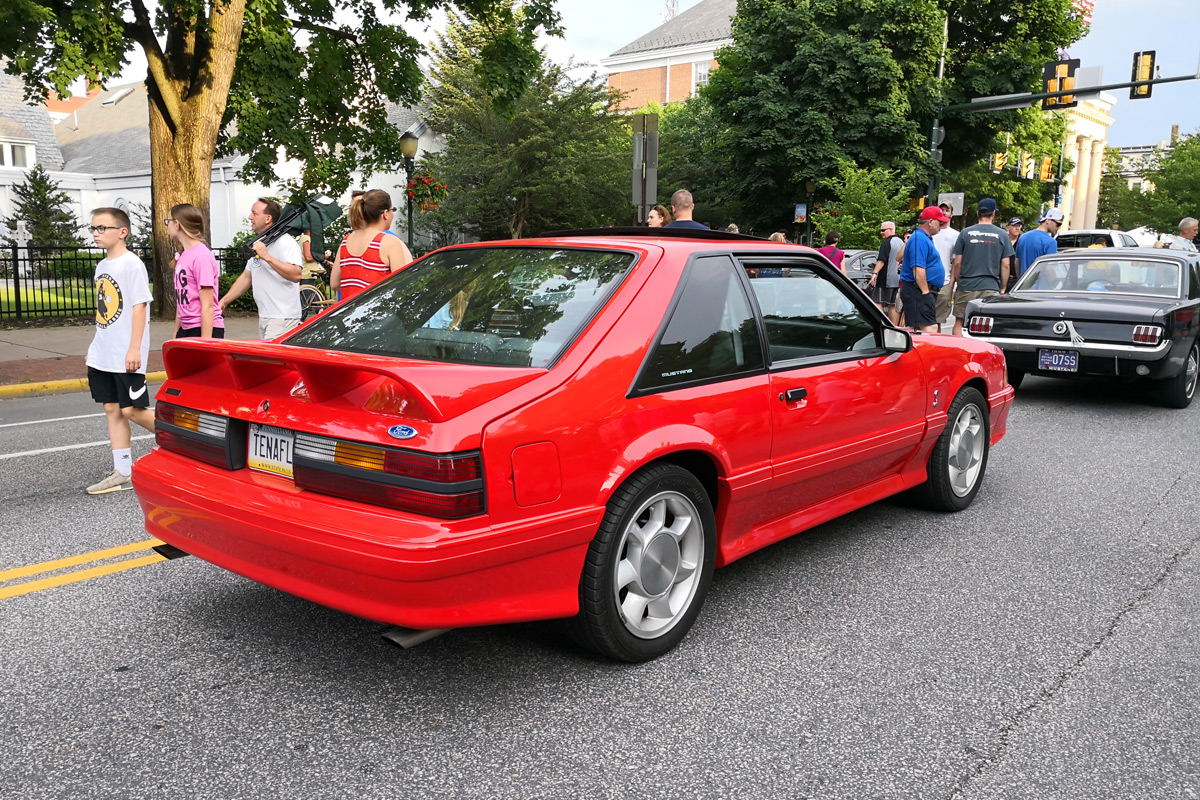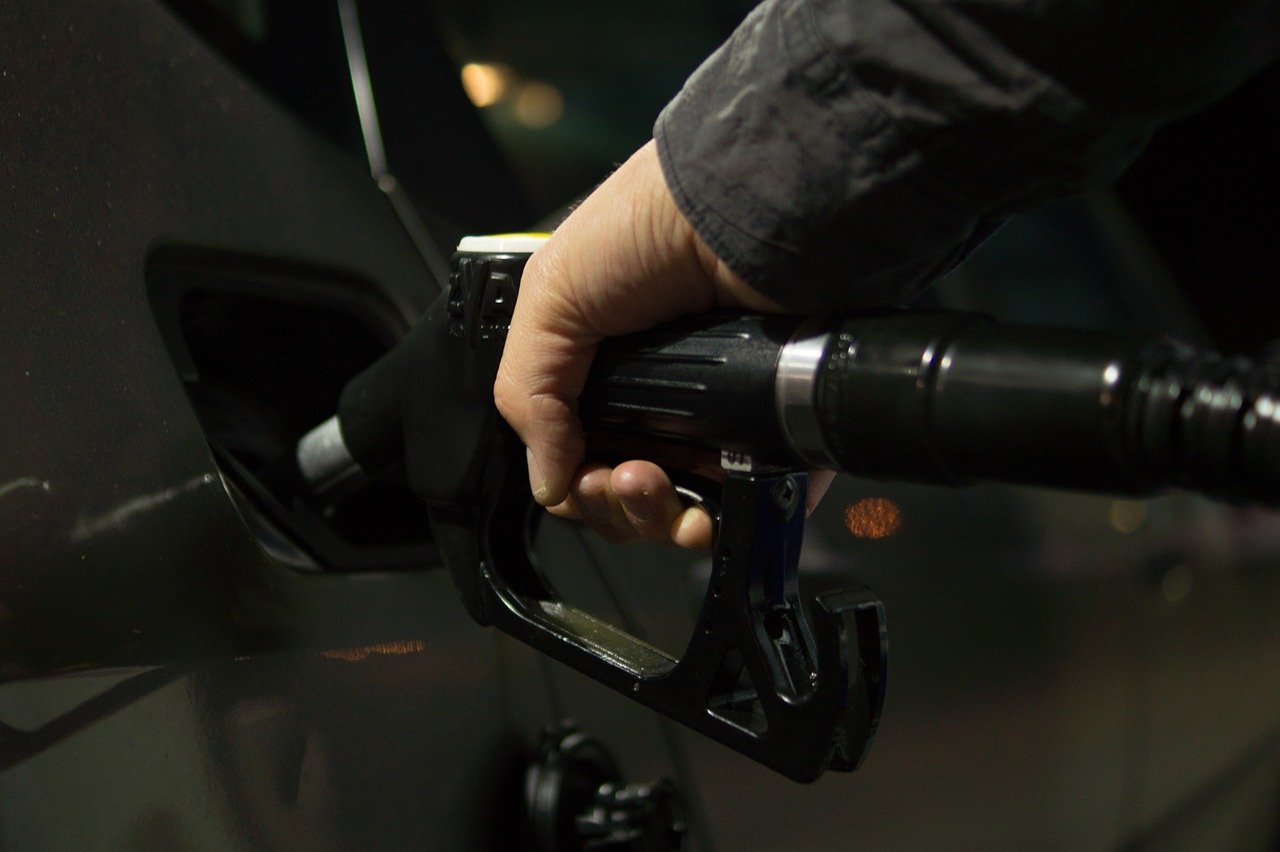Guy Stuff
How To Get The Most Out Of Your Vehicle
Buying a car is one of the biggest purchases you will make in your life. Aside from the price of the vehicle itself, you will also pay for its registration, insurance, and general maintenance for as long as you keep it.
In other words, it is not enough to be able to afford a decent car, you must be a responsible owner too if you want to keep your vehicle operating smoothly for as long as possible. So, to get the most out of your vehicle, this article provides basic tips that you can follow.
Doing Regular Fluid Top Ups
If you want to keep your vehicle’s engine running smoothly for as long as possible, you have to top up fluids at regular intervals.
Start with your car’s engine and gear oil. You’ll know how much oil your vehicle uses by checking its levels at least once every month. Doing so will enable you to detect any potential issues before they happen. The same applies to your gear oil, which makes your transmission running smoothly.
In the past, car owners perform engine oil change when they hit the 3,000 mileage or when three months have passed, whichever comes first. But that was when oil for motor vehicles wasn’t as advanced as the ones you can find in car shops today. Over the years, motor oils and engines have undergone significant changes. Therefore, modern cars can now run longer even with less maintenance. Car manufacturers now advise owners to change their engine oil every 5,000-7,500 miles. However, for the gear oil, your vehicle can hit up to 50,000-60,000 miles before it needs to be changed.
Regular oil change is one of the reasons your car comes with a service log. And it’s essential to have a qualified mechanic to service your vehicle based on the mileage and its usage period. If you feel something isn’t right, have your mechanic check it over. Even if nothing feels odd. Most car dealerships, like Vision Kia, offer scheduled services for convenience.
Note that your brake fluid should be regularly checked and changed, too. Also, don’t forget to grease and lubricate other moving parts. This includes door seals, window tracks, door hinges, and even your chassis.
Drive With “Mechanical Sympathy”
Every car owner should practice driving smoothly—at all times. It’s one way of reducing component wear, not to mention your fuel can also go further. Note that there are also hypermiler tips you can follow to save on your fuel consumption.
Simple things like steering, changing gears, and stepping on the pedals as smoothly as possible can go a long way in extending your car’s life. Part of driving with mechanical sympathy is also always looking well ahead of the road to reduce the need to perform sudden braking. Frequent sudden brakes can eventually blow your tire up.
Avoid Running On Low Fuel
A car’s fuel pump draws on sediment, debris, and air found in the fuel tank’s bottom when you keep on driving your vehicle while it’s low on gas. Your fuel pump does it in an attempt to continue supplying power to your engine.
Pump and filters will eventually corrode—once they get clogged with unwanted materials in your vehicle’s system. It will then create another problem: the blocking of fuel, which can eventually cause the car to hesitate or even refuse to start altogether.
Whether yours is an ordinary car or a sports car, you should always refill your tank soon after the fuel level goes below the middle. This way, you can avoid damages to your fuel pump and even avoid expensive repairs in the process.
Remove Excess Weight
Try to reduce any excess weight and clutter that you are carrying in or on your car. Take off roof racks and remove heavy boxes, tools, and extra possessions that you are keeping in the vehicle for no reason. Removing excess weight can help ease the pressure and burden on your vehicle’s tires and make them last longer.
In Conclusion
You could do many things to ensure that you’re getting the most out of your vehicle and not put it in any danger or under stress that might cause it to fail. Some of the essential steps include performing frequent oil changes and to grease and lubricate regularly. Also, you have to avoid running low on petrol and remove excess weight on your vehicle to avoid straining or burdening its other parts. Last but not least, try your best to drive your car as smoothly and safely as possible. Both your vehicle and your bank account will thank you for doing all these.



















Recent Comments